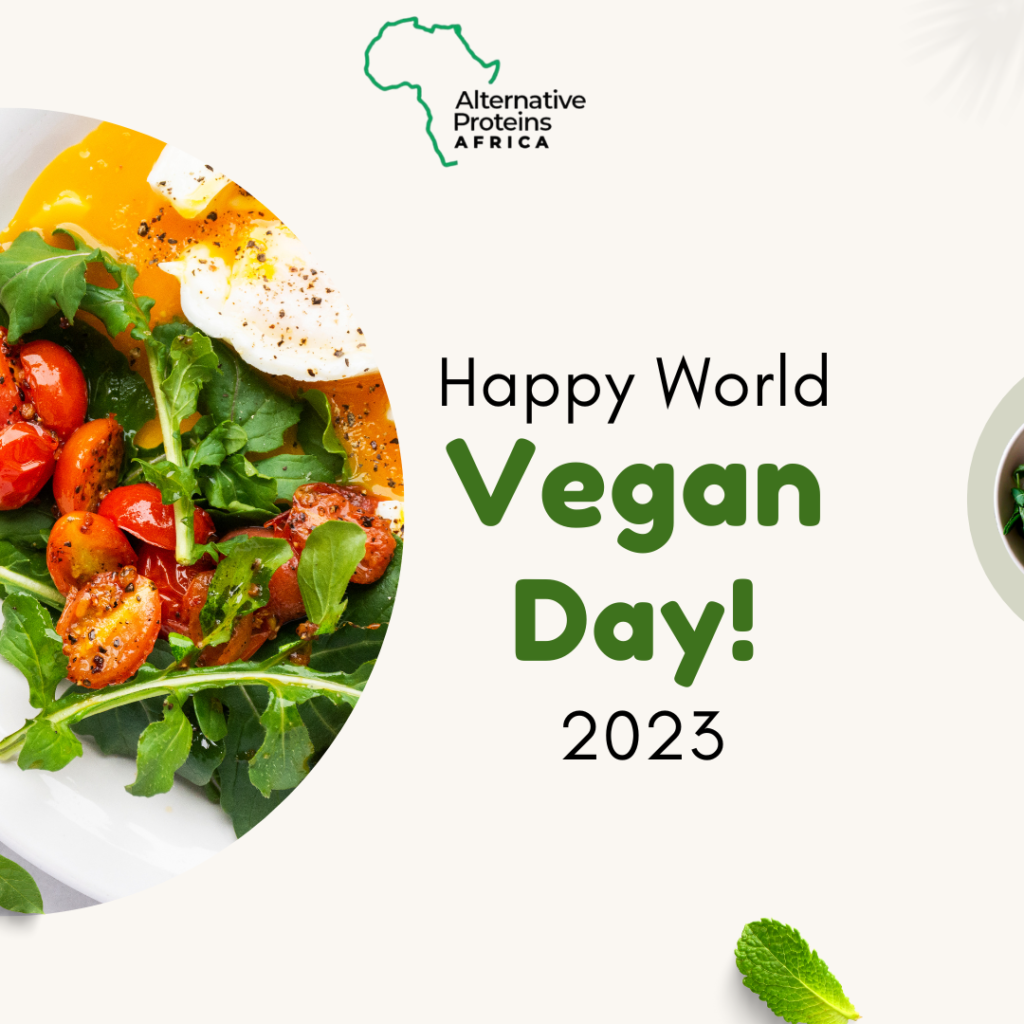
Throughout the world, 1 November every year celebrates World Vegan Day. Really, why not celebrate it? Although recognizing and celebrating vegan living transcends a day, this day has been set aside to increase awareness about veganism and encourage people to follow this lifestyle. Today, we bring to your consciousness a lifestyle that benefits people, animals, and our planet.
What is veganism?
Veganism is a lifestyle that seeks to reduce the exploitation of animals and their products for reasons such as food and clothing. It’s a decent call to a compassionate living. In dietary terms, veganism seeks alternatives to animal-source foods.
But behind this lifestyle is a beckon for a conscientious living devoid of cruelty to every life form on earth. As we become more concerned about sustainability, veganism has become an essential tool for positive change.
Why veganism?
Veganism benefits not only humans but also animals and our shared environment. After all, these three entities are more connected beyond the surface. The well-being of one is the well-being of all!
A significant benefit of a vegan lifestyle is the health implications for humans. Plant-based diets, which are a major source of nutrition for vegans, have been associated with reduced risk of chronic diseases, such as type 2 diabetes and heart disease. There have been reports on improved immune function, weight management, digestion, and overall health.
Furthermore, on the concern for better animal welfare, veganism frowns at animal exploitation in food production and animal agriculture and encourages alternatives to these. This, in turn, reduces animal cruelty practices such as factory and caged farming, thereby enabling ethical consumption. And of truth, reduction in animal agriculture addresses cross-cutting issues like the threat of antimicrobial resistance and zoonosis.
The positive impact on the environment is another benefit of the vegan lifestyle. Through the reduction in animal agriculture, which is a significant contributor to greenhouse gas emissions, veganism contributes actions to mitigating climate change. Again, animal agriculture is more resource-intensive than plant-based diets, requiring more land and water, amongst others. A vegan lifestyle, therefore, contributes to responsible and sustainable resource use.
As we conclude, remember that veganism is beyond a dietary choice. It’s a call to a more sustainable and compassionate living where every component of the environment is well nurtured. The right step towards this is embracing more plant-based diets.
Happy World Vegan Day!

